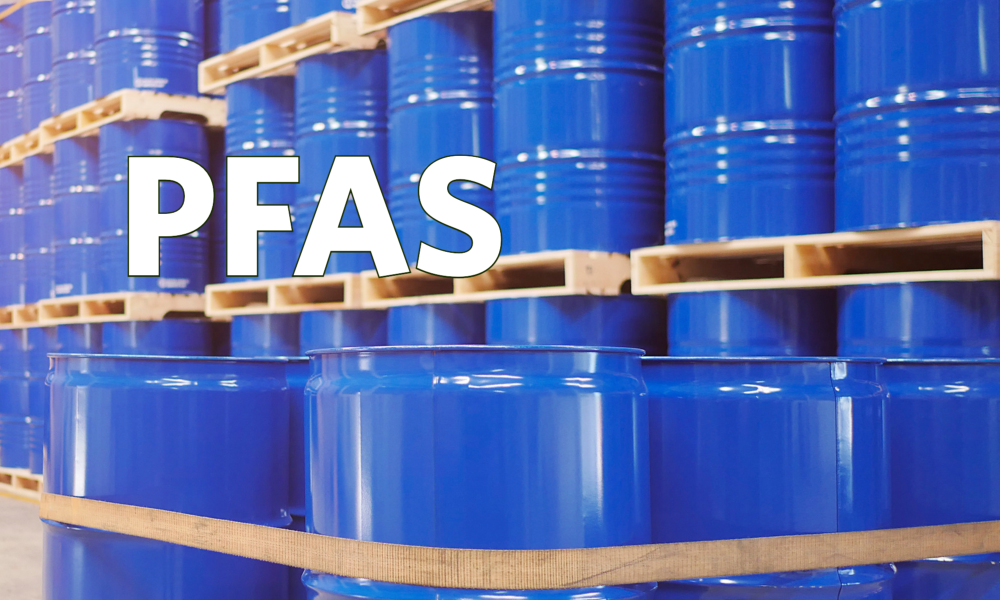
State Public Records Law
California Public Records Act
GOVT. CODE §§ 6250 -6276.48
Read the full text
Exemptions to Disclosure
-
- §6254 states that the following records do not have to be disclosed: Preliminary drafts, notes, or interagency or intra-agency memoranda that are not retained by the public agency in the ordinary course of business, if the public interest in withholding those records clearly outweighs the public interest in disclosure
- Geological and geophysical data, plant production data, and similar information relating to utility systems development, or market or crop reports, that are obtained in confidence from any person
- Records of Native American graves, cemeteries, and sacred places and records of Native American places, features, and objects
- The working papers of both public bodies at the state and local level
- All air pollution emission data, including those emission data which constitute trade secrets, are public records. However, data used to calculate emission data are not emission data. Data which constitute trade secrets and which are used to calculate emission data are not public records. In addition, data used to calculate the costs of obtaining emissions offsets are not public records. At the time that an air pollution control district or air quality management district issues a permit to construct to an applicant who is required to obtain offsets pursuant to district rules and regulations,data obtained from the applicant consisting of the year the offset transaction occurred, the amount of offsets purchased, by pollutant, and the total cost, by pollutant, of the offsets purchased is a public record. If an application is denied, the data shall not be a public record.
- Trade secrets are not public records. “Trade secrets” may include, but are not limited to, any formula, plan, pattern, process, tool, mechanism, compound, procedure, production data, or compilation of information which is not patented, which is known only to certain individuals within a commercial concern who are using it to fabricate, produce, or compound an article of trade or a service having commercial value and which gives its user an opportunity to obtain a business advantage over competitors who do not know or use it;
- Computer software developed by a public entity is not a public record;
- Disclosure of records that relate to archaeological site information and reports maintained by, or in the possession of, the Department of Parks and Recreation, the State Historical Resources Commission, the State Lands Commission, the Native American Heritage Commission, another state agency, or a local agency, including the records that the agency obtains through a consultation process between a California Native American tribe and a state or local agency, do not have to be disclosed;
- Nothing in this chapter requires the disclosure of records that relate to volatile organic compounds or chemical substances information received or compiled by an air pollution control officer pursuant to Section 42303.2 of the Health and Safety Code.
- California does not have a specific academic freedom exemption in the California Public Records Act. However at least one California Appeals Court, in Humane Soc.of the U.S. v. Superior Ct. of Yolo County., 214 Cal. App. 4th 1233; 2013 Cal. App. LEXIS 235, justified exempting documents from public disclosure under the CPRA’s provision that exempts from public disclosure any document where the public interest in nondisclosure outweighs the public interest in disclosure. The Court held that requiring disclosure of the records “would fundamentally impair the academic research process to the detriment of the public that benefits from the studies produced by that research,” and that there was minimal public interest in the disclosure because all of the important information, particularly regarding methodology and results, was already available. The California court added that it was not creating a categorical “academic researcher’s exemption,” but emphasized that the public interest balancing had to be undertaken in every case.
Access Rights
- Every person
- Office hours
- Must be given suggestions for overcoming bases for denial of access
- Disclosure of exempt record = waiver of exemption
- Pretty much any air pollution records and info, except raw emissions data used to calculate such records, which constitutes trade secrets
- Purpose for access is irrelevant
- Entitled to response w/in 10 days, unless unusual circumstances call for extension (reasons for extension must then be provided in writing to the requestor)
- No provision for a charge to view/inspect records
- Agency has 10 days to decide whether to comply with a request, if additional personnel need to be consulted the 10 day period may be maxed at 14 days
Destruction of Public Records
- § 60201 – Legislative body can dispose of records if it determines not at all useful to anyone, and maintains list of all disposed records
- Can destroy public records pursuant to law
Whistleblower Score
Rank: 2/51
California has one of the most complete state whistleblower laws with broad coverage (20 out of 33 possible points),maximum usability (33 out of 33) and strong remedies (24 out of 33) plus the one bonus point awarded for employee notification of rights.
What’s New in California?
California News
High Levels of Dangerous ‘Forever Chemicals’ Found in California’s Most-Used Insecticide
40% of Tested Agricultural Pesticide Products Contain PFAS
Hunters Point Festering Radiation Waste Woes
Navy Statements Mask Seriousness of Remaining Parcel G Contamination
San Francisco Parks Overflight Limits Grossly Inadequate
Suit Charges Air Tour Plan for Four Bay Area Parks Developed Illegally
Newsom Lets Boeing Keep Groundwater Forever Polluted
New Deal Sets No Timetable for Cleaning Highly Toxic Santa Susana Aquifer
Los Angeles’ Artificial Turf Plan Misguided
PFAS Found in Turf Dangerous for Children
Boeing’s Weak Santa Susana Cleanup Triggers Lawsuit
Sweetheart Deal Negotiated Behind Closed Doors Violates CEQA Mandates
EPA Says Hunters Point Will Never Be Fully Cleaned
EPA Plans to Ignore Prop P Mandate and Its Own Superfund Standards
National Park Air Tour Plans Late and Off-Course
First 2 Overflight Limits OKed; 20 Behind Schedule, Most Lack Eco-Reviews
Opposition Mounts to Newsom-Boeing Sweetheart Deal
Water Board Hearing on Santa Susana Cleanup Axed as Localities Protest
Newsom Muscling Boeing Sweetheart Deal Through
Water Board Chair Replaced by Former Boeing Consultant Before Hearing
More Toxic Runoff From Santa Susana Field Lab
Latest Monitoring Report Underlines Need for Stricter Contamination Curbs
FAA Blows Court Deadlines for Park Air Tour Limits
Overflight Plans for 8 Major National Parks Due This August Not Close
COMMENTARY | Climate Integrity Project Targets False Solutions
PEER is launching a Climate Integrity Project to address bogus offsets, keeping clean energy clean and ...
Boeing Money Preceded Waiver of Pollution Penalties
Water Board Chair Reaped Boeing Cash Before Woolsey Fire Fines Forgiven
Radioactive Buildings Dynamited Near L.A.
State Permits Santa Susana Demolition Without Controls on Dust Plumes
California May Have Second Most PFAS Sites of Any State
EPA Identifies 120,000 Potential PFAS Sites in U.S. – Far More Than Ever
Federal Agency Rules for Treasure Island Whistleblower
Navy Environmental Lawyer Fired for Advocating Radiation & Toxic Safety
Newsom Backs Off Santa Susana Clean-Up Guarantee
Permanent Pollution OK Is Focus of Closed-Door Negotiation with Boeing
California Should Ban Pesticides with Forever Chemicals
Presence of PFAS in Insecticide Magnifies Agricultural Water Pollution Risks
Cal/OSHA Inspectors AWOL During Pandemic
Growing Backlog of Workplace Complaints; Vacancies Remain Unfilled


